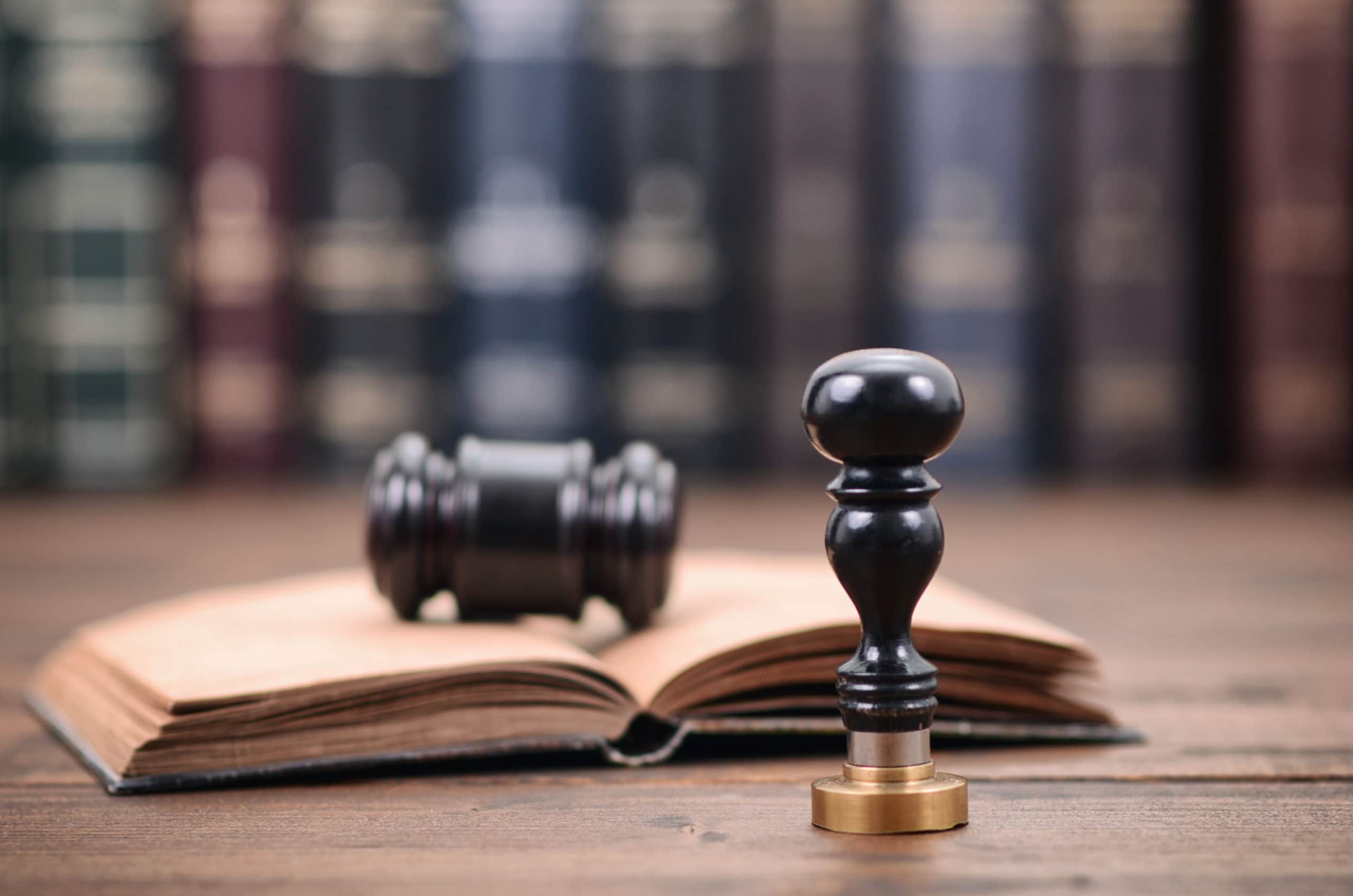Estate Plan vs. None: Time Difference in Asset Distribution
Estate planning is a necessary process that ensures the orderly distribution of assets after an individual’s passing. It involves creating a comprehensive plan to manage and distribute wealth, properties, and possessions. By engaging in estate planning, individuals can have control over their assets and provide for their loved ones in a structured manner. In contrast, the absence of an estate plan can lead to significant delays, disputes, and uncertainty in asset distribution.
What is Estate Planning?
Estate planning refers to the strategic arrangement and management of one’s assets during their lifetime and the distribution of those assets after death. It involves the creation of legal documents that outline the wishes and intentions of the individual regarding the disposition of their estate.
Critical elements of an estate plan include a will, trusts, powers of attorney, and healthcare directives. Collaborating with an experienced estate planning attorney ensures the plan aligns with legal requirements and the individual’s objectives.
The Process of Estate Planning
Estate planning typically involves several steps to create a well-structured and customized plan. It begins by identifying personal goals and objectives, such as protecting assets, minimizing taxes, and providing for loved ones. The next step involves inventorying assets and liabilities, including bank accounts, investments, real estate, and belongings.
Designating beneficiaries is another essential aspect, ensuring that the right individuals inherit specific assets. Creating a will or establishing trusts allows for the efficient distribution of assets, while naming guardians for minor children provides for their well-being.
To address potential incapacity, powers of attorney and healthcare directives empower trusted individuals to make financial and medical decisions on the individual’s behalf. Reviewing and updating the estate plan periodically is essential to account for changes in personal circumstances, family dynamics, or legal requirements.
Benefits of Estate Planning
Estate planning offers numerous advantages that go beyond asset distribution. One of the primary benefits is ensuring efficient asset distribution according to the individual’s wishes. An estate plan minimizes the risk of disputes and family conflicts by clearly outlining the intended beneficiaries and asset allocation.
Estate planning allows for the minimization of estate taxes. Through strategic techniques such as gifting, charitable contributions, and the creation of trusts, individuals can reduce the tax burden on their estates, thereby preserving more wealth for their loved ones.
With estate planning, you can avoid probate. A will must go through probate, a legal procedure that also settles debts and distributes assets. It might be expensive, time-consuming, and open to criticism. A well-designed estate plan, including trusts, can avoid probate, saving both time and money while ensuring privacy.
Asset protection is a crucial aspect of estate planning. Individuals can safeguard their assets from potential creditors, lawsuits, or financial risks by utilizing specific trust structures or incorporating asset protection strategies.
For families with young children or dependents, estate planning allows you to establish guardianship provisions, ensuring their proper care and financial support. Estate planning allows one to leave a lasting legacy through charitable giving. By incorporating philanthropic efforts into the plan, individuals can support causes they care about and make a positive impact even after they are gone.
Consequences and Challenges of No Estate Planning
The absence of an estate plan can lead to significant challenges and consequences for the individual and their loved ones. Without a valid will or trust, assets may be subject to intestate succession laws, which dictate the distribution based on legal guidelines rather than the individual’s intentions. It can result in a distribution that does not align with the individual’s wishes or family dynamics.
The most significant consequence is the time delay in asset distribution. The legal process can be lengthy and complicated without clear instructions, leaving loved ones without immediate access to necessary resources. This delay can cause financial strain due to legal fees, probate, and potential litigation expenses.
The lack of an estate plan increases the disputes among family members. Disagreements over asset distribution, guardianship, or estate executorship can create tension and strain relationships, leading to long-lasting animosity among loved ones.
With an estate plan, the individual can control who receives their assets and in what proportions. This lack of control can result in unintended beneficiaries receiving assets or assets being divided in a manner that does not align with the individual’s wishes.
Asset Distribution in an Estate Plan
One of the significant advantages of an estate plan is the ability to facilitate smooth and timely asset distribution. By clearly designating beneficiaries and structuring the plan through trusts, an estate plan ensures that assets go to intended recipients promptly.
Executors and trustees play crucial roles in the asset distribution process. Executors are responsible for managing the estate’s administrative tasks, such as paying debts, filing tax returns, and distributing assets as outlined in the will. On the other hand, trustees oversee assets held in trusts and distribute them according to the trust’s provisions.
An estate plan allows for flexibility in asset distribution. It can specify when and how assets are distributed, considering factors such as beneficiaries’ age, financial maturity, or specific conditions. This ensures that assets are utilized wisely and according to the individual’s intentions.
In conclusion, estate planning is a vital process that provides individuals with peace of mind and allows them to have control over the distribution of their assets. Individuals can ensure that their loved ones are provided for, and their assets are distributed efficiently, minimizing delays, disputes, and financial strain by engaging in estate planning.
The absence of an estate plan can lead to significant challenges and uncertainties in asset distribution. It is essential to consult an experienced estate planning attorney to create a personalized plan that meets legal requirements and reflects individual objectives. Schedule a consultation with Stegall & Clifford today to begin your estate planning journey and secure the future for your loved ones!



